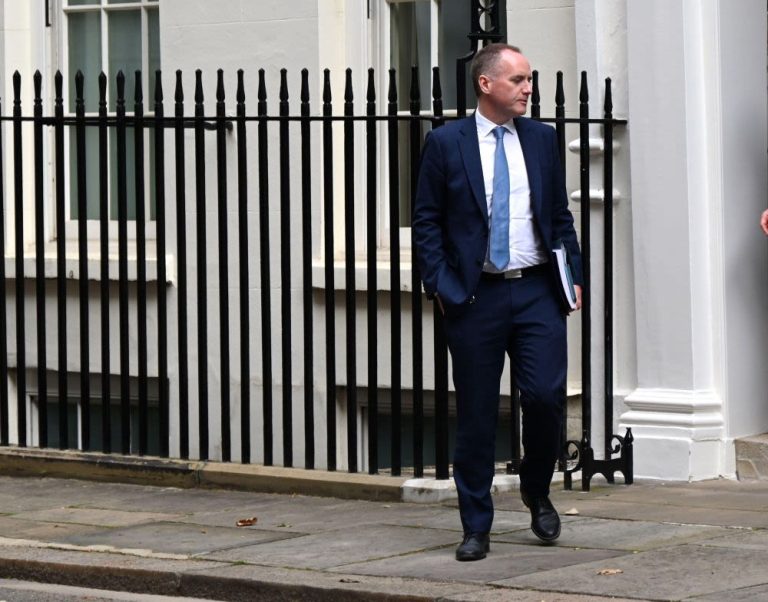
Why the UK rental market is in crisis
The UK’s private rental sector has exploded in size over the past two decades, doubling the number of households that now rent rather than own. Driven by soaring property prices and tighter mortgage lending criteria, millions of people find themselves trapped in a cycle of rising rents, fierce competition for homes, sudden “no-fault” evictions and poorly maintained accommodation. As a result, many tenants worry they may never save enough to buy a home of their own.
The Renters’ Rights Bill: what’s on the table?
After years of failed attempts under previous Conservative governments, a new piece of legislation—known as the Renters’ Rights Bill—is set to reach the statute book this summer. Key measures include:
- End to no-fault evictions: Landlords would need a valid reason to serve notice, replacing “section 21” notices that allow them to repossess properties without cause.
- Abolition of fixed-term tenancies: Tenants could remain in a property indefinitely, provided they meet rent and maintenance obligations.
- Stricter property standards: Minimum safety and habitability requirements will be enforced by local authorities with tougher penalties for non-compliance.
- Clearer deposit protections: Simplified dispute processes and faster returns of deposits at the end of tenancies.
Expert voices on the proposed reforms
To explore whether these changes go far enough, The Rundown podcast convened a panel of housing experts, politicians and campaigners:
- Joe Powell MP (Labour, Kensington and Bayswater) sits on the Commons Housing Select Committee. He urges the government to back the Bill with a significant grant for affordable and social housing construction.
- Charlie Trew, Head of Policy at Shelter, warns that private renting “just isn’t fit for purpose” and calls for a dramatic increase in social housing alongside legal protections.
- Tom Darling, Director of the Renters’ Reform Coalition (21 housing organisations), believes the Bill could “fundamentally change the system” if paired with housebuilding targets.
- Chris Norris, Director of Policy at the National Residential Landlords Association, emphasises the need to balance tenant rights with landlord confidence.
- Roisin Lanigan, novelist and journalist, shares how her own horror-story experiences of mould, damp and opaque landlord practices inspired her debut novel, illustrating the impact on renters’ mental health.
Key challenges beyond legislation
While legal reform is vital, panel members highlight broader challenges:
- Housing supply: Without a major boost in new construction—particularly social and affordable homes—legal changes risk leaving overall stock unchanged, keeping rents high.
- Quality enforcement: Local councils face resource cuts and staffing shortages, undermining their ability to inspect and enforce improved standards.
- Landlord investment: Smaller landlords warn that overly stringent rules could push them out of the market, reducing overall supply further.
- Homelessness prevention: The reforms must be accompanied by stronger support services to prevent eviction leading to rough sleeping or reliance on temporary accommodation.
Is social housing the missing piece?
Joe Powell argues that grant funding for council and housing association construction is essential. “We need a serious funding commitment in the next Comprehensive Spending Review to deliver the social rented homes people desperately need,” he says. Without this, he warns, “we’ll simply shift existing homes from owner-occupation to renting, without reducing market pressures.”
Tenants’ stories: living the horror
Roisin Lanigan describes the private rental market as a “gothic horror show,” where tenants face mould, structural issues and landlords who remain anonymous—“shadowy figures with no accountability.” Her novel captures the psychological toll: unstable living conditions spark anxiety, damage relationships and force people to stay in harmful situations.
The tipping point for renters
With record-low home ownership among young adults and a growing share of the population living in the private rented sector, the urgent question is whether the Renters’ Rights Bill can deliver meaningful change. If combined with a radical expansion of social housing, robust enforcement and support for responsible landlords, the UK could create a fairer, more secure rental market—and help end the era of “generation rent.”





